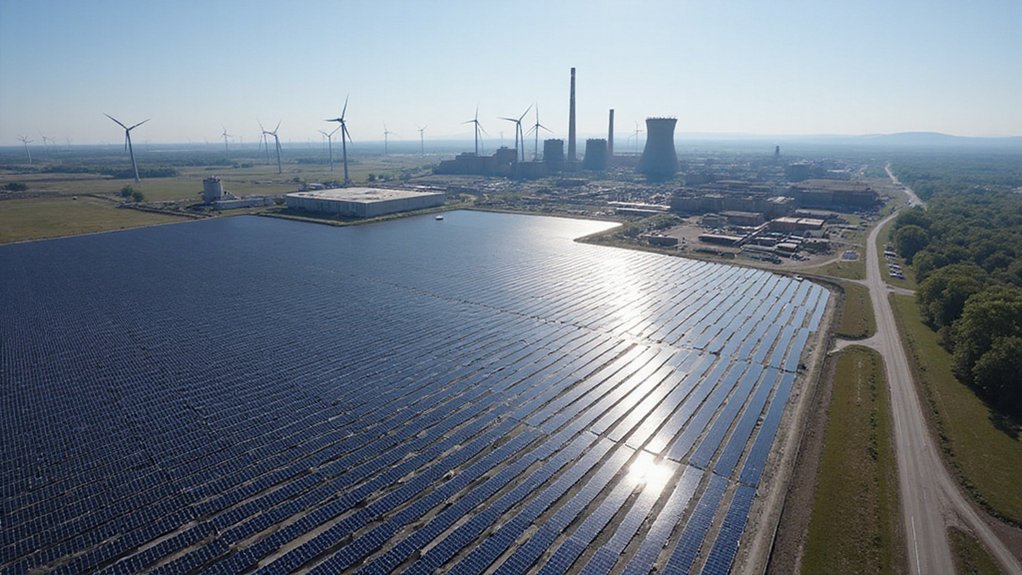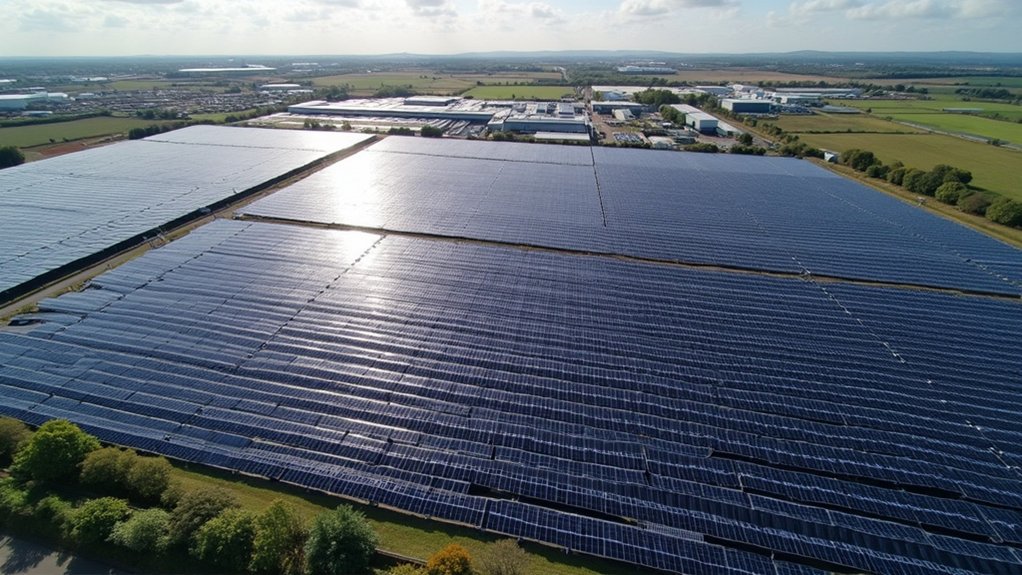New Bedford’s $10 million Ocean Renewable Energy Innovation Center is dead in the water. City councilors and property owners killed the waterfront project, citing traffic nightmares and parking problems. The facility would’ve housed up to 12 startups and created 50 jobs by 2026. Turns out nobody wanted an “innovation hub” in their backyard, despite $15 million in federal and state funding. The agency’s now scrambling to find another location before the money evaporates.
A $10 million dream for New Bedford’s waterfront has hit choppy waters. The Massachusetts Clean Energy Center’s plan for an Ocean Renewable Energy Innovation Center on MacArthur Drive is now treading water after local opposition forced officials to abandon their chosen location.
The ambitious project promised big things. A 15,000-25,000 square foot facility combining the historic Bourne Counting House with a shiny new prototype building. Fifty long-term jobs – technicians, boat captains, managers. All part of a grander scheme to make New Bedford the east coast’s renewable ocean energy hotspot.
New Bedford’s grand vision: a waterfront innovation hub creating jobs and cementing the city’s status as an ocean energy powerhouse.
But not everyone was thrilled. City councilors threw cold water on the waterfront site, arguing it would mess with existing businesses. Traffic problems. Parking nightmares. The usual suspects. One local property owner even fired off an angry letter to the council. Shocker.
“Does it really need to be right on the water?” they asked. Well, it is an ocean energy center. Kind of in the name, folks.
MassCEC eventually got the message. They’ve suspended pursuit of the MacArthur Drive location – that less-than-half-acre patch near Merrill’s restaurant. But they’re not giving up entirely. The project isn’t dead, just homeless.
The $15 million in funding – $10 million from federal American Rescue Plan Act funds plus $5 million in state money – is still sitting there. Ready to be spent. All by the end of 2026, mind you. Clock’s ticking.
The center was designed to accommodate 6-12 startup companies and multiple industry partners in its 37,000 square feet of workshops, fabrication spaces, and offices.
Operations were supposed to kick off summer 2026. Now? Who knows. The agency claims they’re still committed to New Bedford, just looking at “alternative locations.” Translation: back to the drawing board.
For a city trying to position itself as a leader in ocean-based renewables, it’s an awkward setback. The center was meant to be a crown jewel – a place for startups, industry partners, and innovation. Instead, it’s become another case of big plans meeting bigger resistance.
New Bedford could learn from New York’s Tech Valley, where bipartisan political support for nanotechnology development persisted despite challenges and ultimately created thousands of jobs.
The city’s renewable energy hurdles mirror broader challenges faced by wind projects nationwide, where public opposition from local communities often slows development despite potential economic benefits.
Sometimes, even green energy faces red lights.









